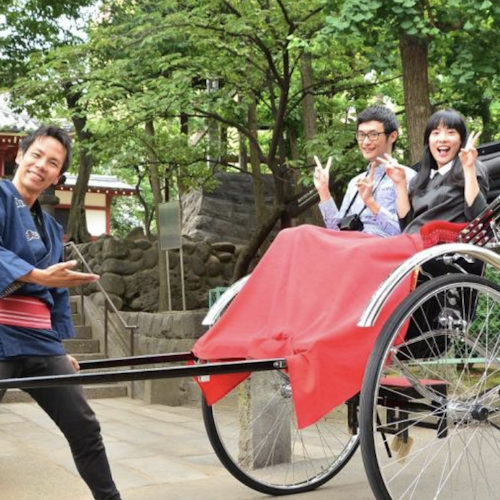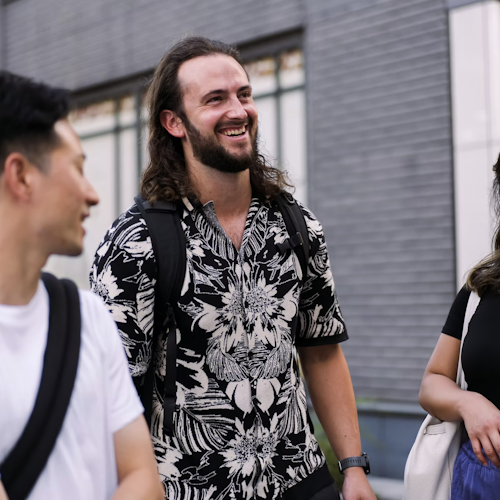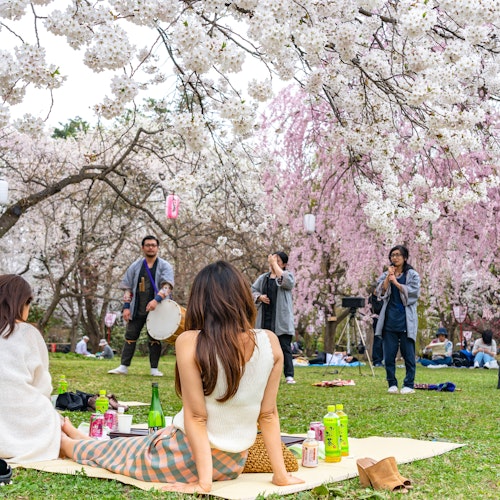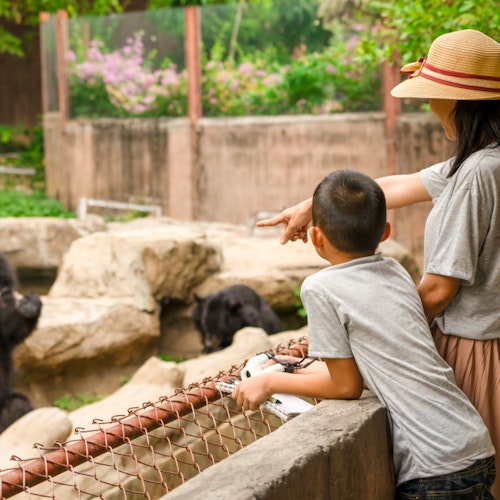
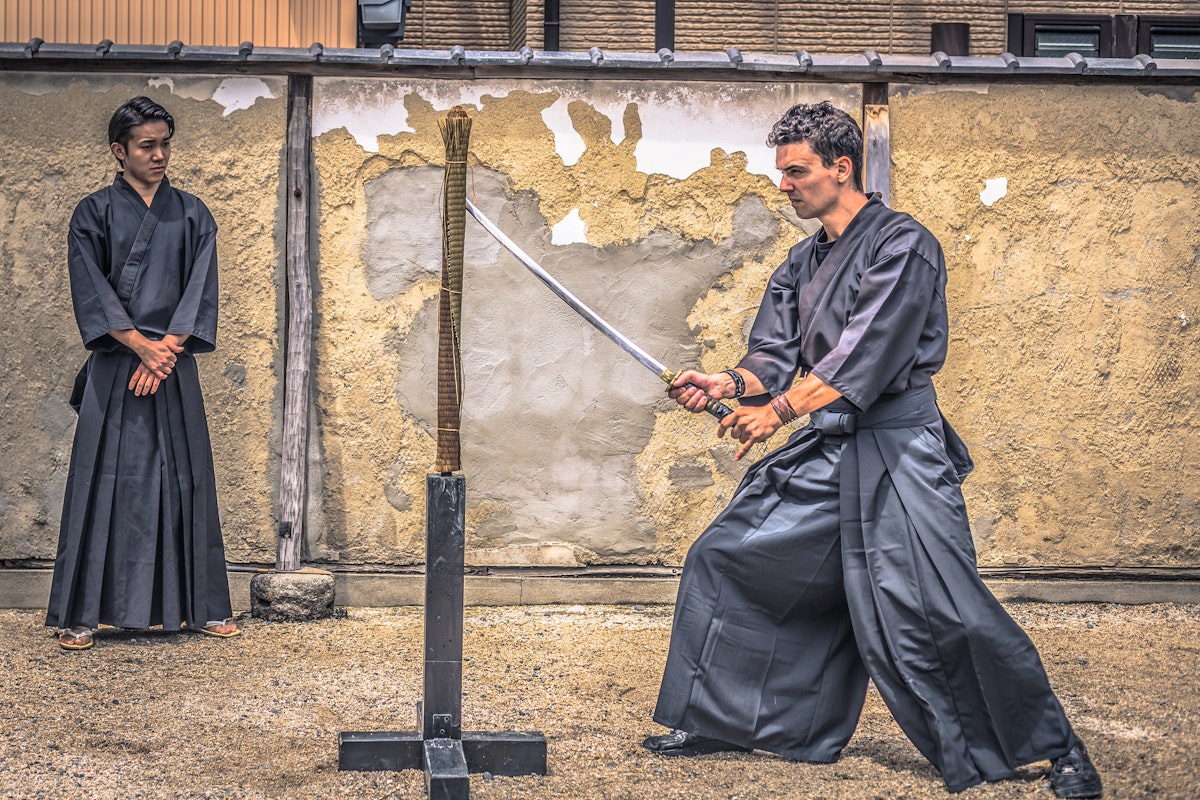
Embark on the Kyoto Samurai Experience, a captivating journey that delves deep into the heart of Japan's rich history and culture, taking you back to the era of the revered samurai warriors. Set against the backdrop of Kyoto, Japan's ancient and storied capital, this experience unveils the intricate and fascinating world of the samurai, a warrior class whose legacy has sparked intrigue and admiration across the globe for centuries.
Through this immersive excursion, you'll gain unparalleled insights into the samurai's life, exploring their traditions, martial arts, and the profound spirit that guided them. This journey is not just a tour but a bridge to the past, bringing the ethos and courage of the samurai to life for a modern audience.
The Kyoto Samurai Experience offers a captivating immersion into Japan's Edo period, providing participants with a comprehensive understanding of the samurai lifestyle. This journey goes beyond mere observation of samurai swords and armor, inviting you to engage in authentic practices actively.
You'll have the opportunity to train with a real katana, delve into the art of Zen meditation, and explore the profound philosophical principles of the samurai's Bushido code. It's an experience that blends historical learning with interactive participation, offering a unique window into the world of these legendary warriors.
Signing up for the Kyoto Samurai Experience promises a harmonious mix of educational insights, hands-on practice, and engaging entertainment. Participants will be adorned in authentic samurai attire, including the traditional hakama, setting the stage for an immersive learning experience.
Guided by an absolute samurai master, you'll master the art of Japanese swordsmanship and delve into the calming practices of Zen meditation. The course culminates in a thrilling opportunity to test your newfound skills with a real katana, bringing the samurai spirit to life.
The samurai trace their origins back to the Heian period (794–1185) when the need to safeguard the Kyoto-based imperial court and nobles' estates against local chieftains prompted their emergence.
However, during the Kamakura shogunate (1185–1333), the samurai evolved into a formidable and influential political class. During this era, they acquired substantial power and cultivated their distinct code of ethics, forging their identity as a unique class of warriors.
To solidify their position, the samurai were granted land by affluent landowners, daimyo, in exchange for their unwavering loyalty and protective services. In the social hierarchy of feudal Japan, the samurai ranked below peasants, merchants, and artisans.
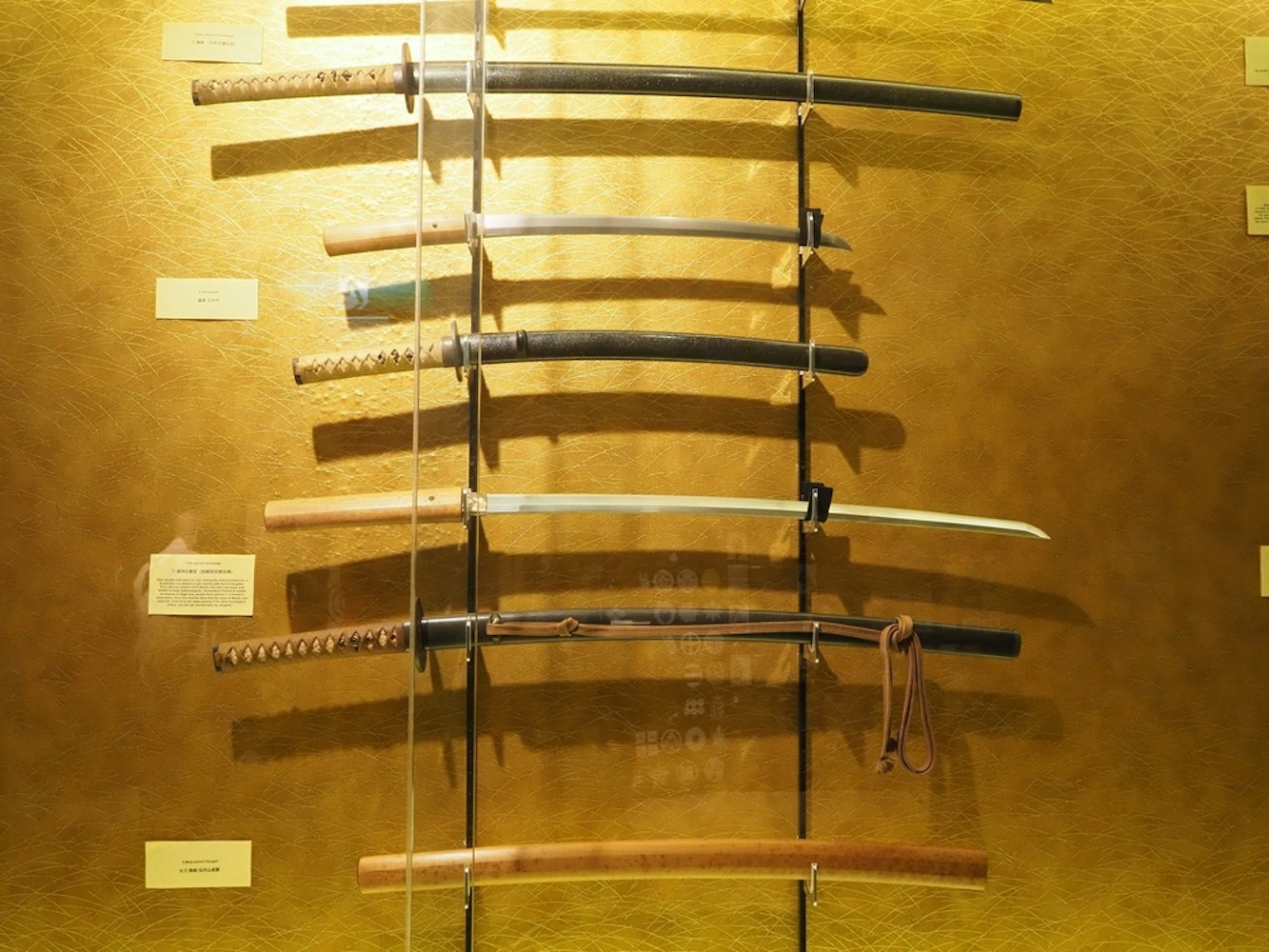
The Samurai & Ninja Museum comprehensively explores both samurais and ninjas' historical and cultural aspects. Visitors can enjoy interactive experiences, including trying on authentic samurai armor and learning traditional sword techniques.
It's an exceptional venue for delving into the rich histories of these iconic Japanese warriors. The Kyoto Samurai Museum's unique blend of educational tours and hands-on experiences makes it a standout destination for understanding the legacy of samurai and ninja culture.

At this unique hands-on experience, you'll have the chance to craft your samurai dagger, guided by an expert blacksmith. This immersive activity allows you to create a personalized piece of history and educates you on the traditional art of samurai sword making.
You'll learn the meticulous techniques and skills passed down through generations. It's a rare opportunity to connect with the ancient craft of the samurai in a very personal and tangible way.
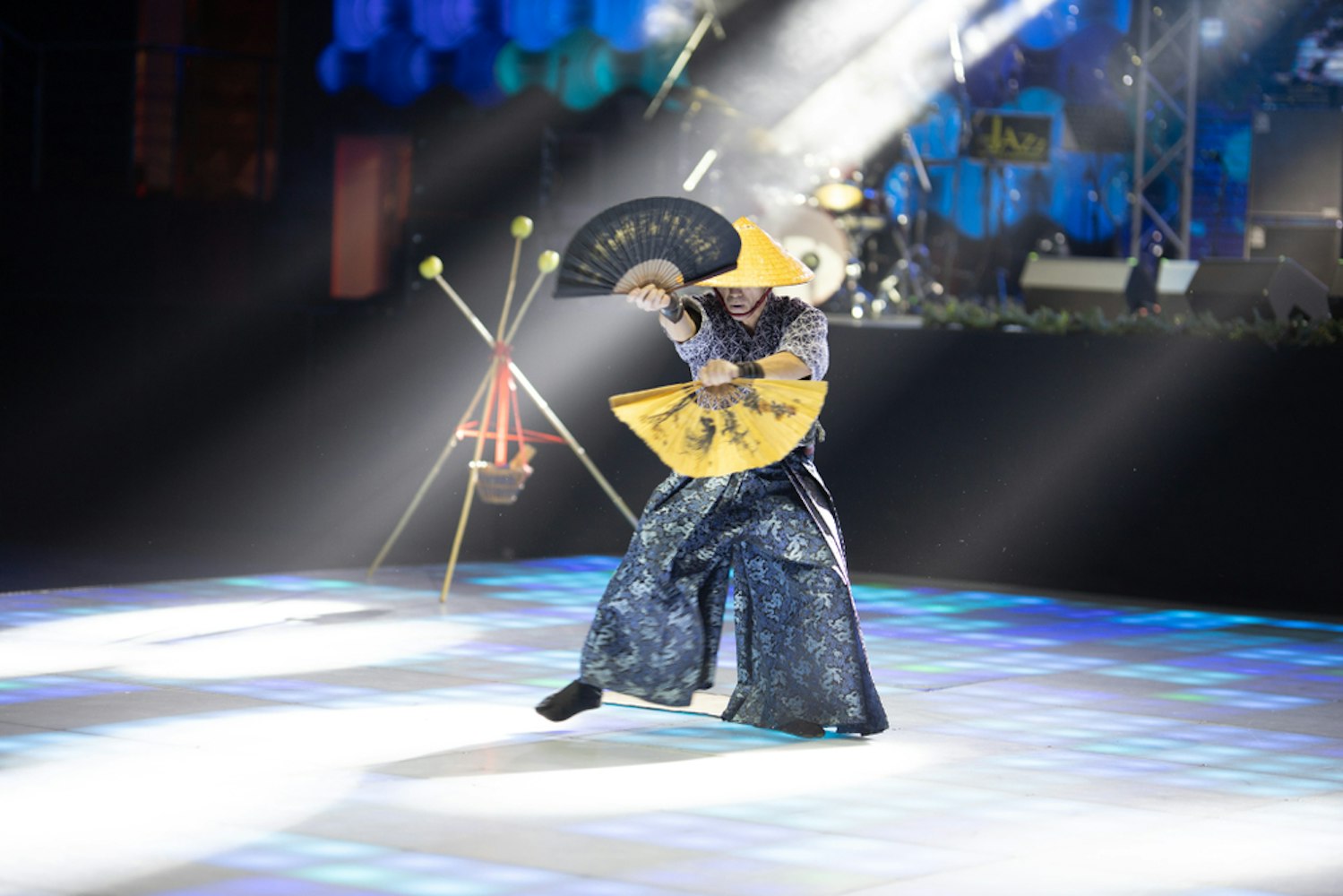
The Samurai Kembu Theater in Kyoto is renowned for its samurai dance shows, a tradition that blends dance with swordplay, historically used by samurais as a form of battle preparation. These performances offer a unique insight into the integral role of dance and poetry in the life of a samurai, showcasing a lesser-known aspect of their culture and discipline.
The theater's captivating shows entertain and serve as a window into the samurai's historical practices and artistic expressions. It's an enriching experience for those interested in understanding the depth and complexity of samurai traditions beyond combat skills.
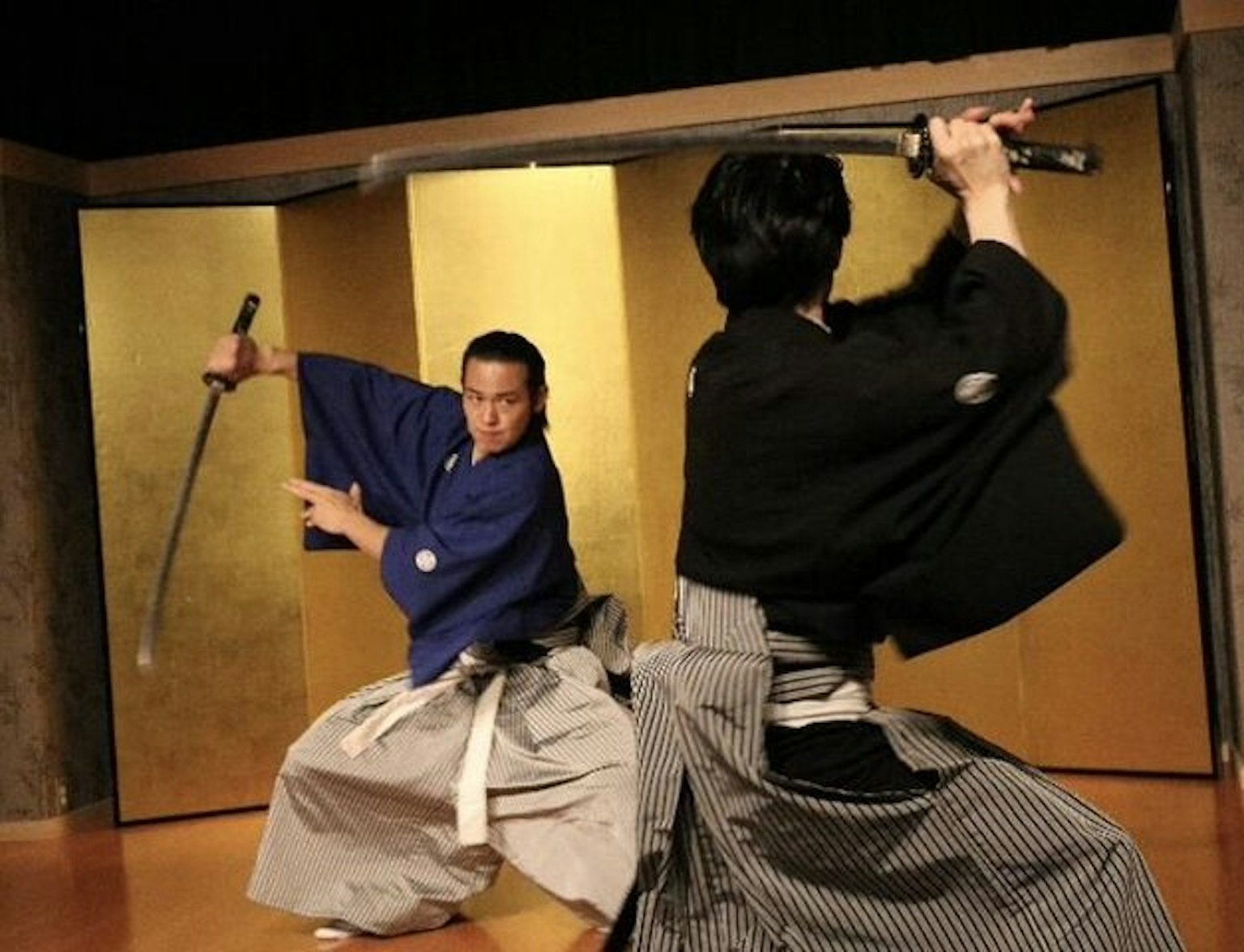
Step into the enigmatic realm of Kyoto’s rich history and heritage at the Samurai Kenbu Theater.
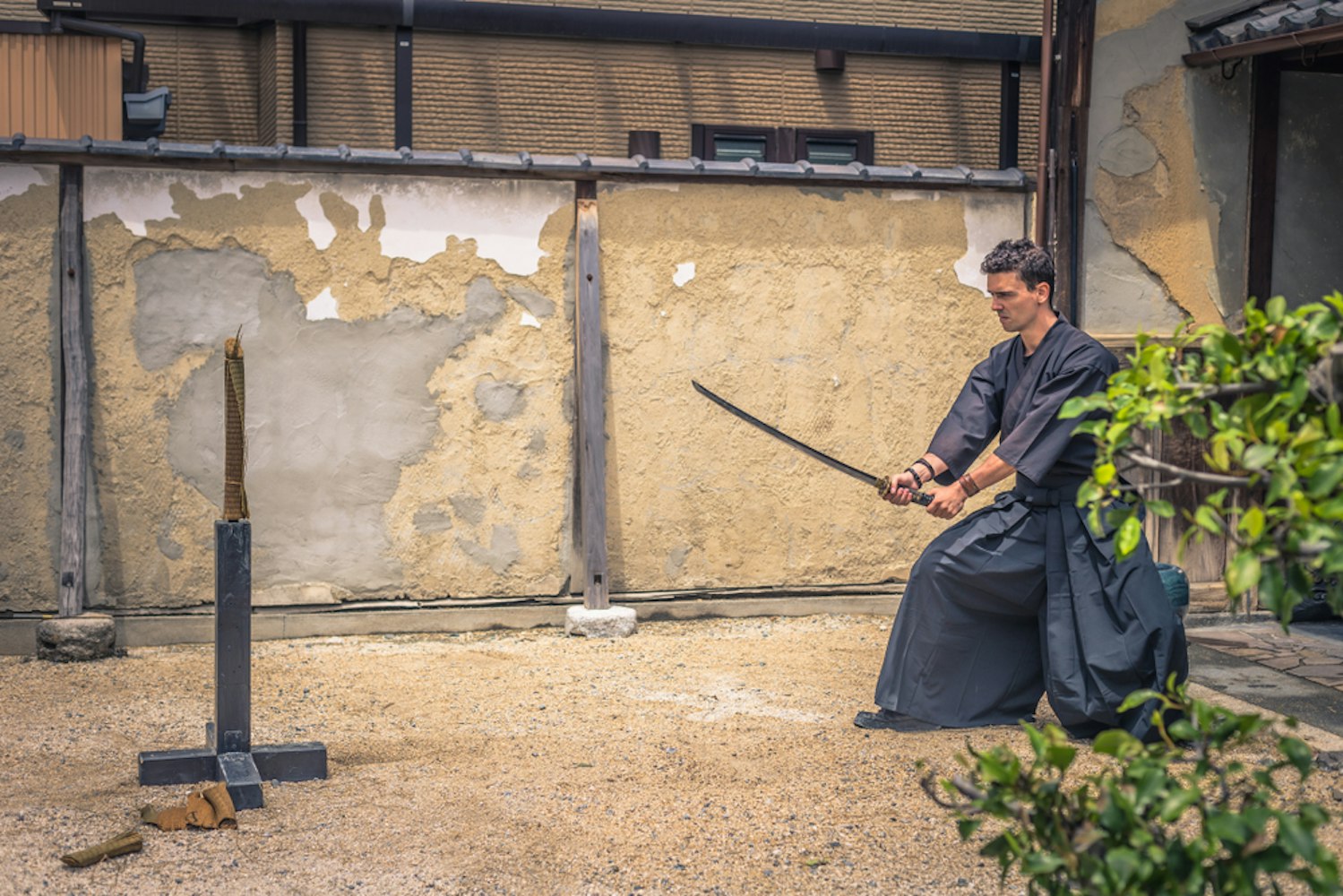
The Kyoto Samurai Experience near Nijo Castle specializes in the art of tameshigiri, the traditional Japanese sword-cutting technique. Participants have the unique opportunity to don a black hakama and learn authentic sword-handling skills.
In addition to sword training, the experience includes cultural activities like Zen meditation and Shakuhachi flute playing. This combination of martial and cultural education offers a holistic insight into the samurai way of life.
Participating in the Kyoto Samurai Experience offers a multitude of benefits. It provides a profound cultural immersion, allowing you to step into the world of the samurai and gain a deeper understanding of Japanese history and traditions.
This interactive adventure goes beyond passive observation, as it involves hands-on learning of traditional samurai practices, including swordsmanship and meditation. Beyond skill acquisition, it fosters personal growth by instilling values like discipline and respect, values integral to the samurai way of life.
Donning authentic samurai attire and engaging in cultural activities during the experience further strengthens your connection to Japan's rich heritage. Plus, it leaves you with memorable souvenirs, as many experiences include the opportunity to take photographs in your samurai garb.
Overall, the Kyoto Samurai Experience enhances your travel adventure, offering a unique and culturally enriching dimension to your visit to Kyoto while fostering a deeper appreciation for Japanese history and culture.
The Kyoto Samurai Experience transcends being merely a tourist destination; it acts as a time portal, providing an in-depth and genuine portrayal of the samurai's life and customs. Ideal for Japanese history and martial arts enthusiasts or those seeking a unique experience in Kyoto, it offers an unforgettable exploration into the realm of these legendary warriors.
To fully embrace this journey, engage actively in sword training, Zen meditation, and museum explorations. Each of these aspects significantly enhances the overall richness and authenticity of the experience, leaving visitors with lasting memories and insights.
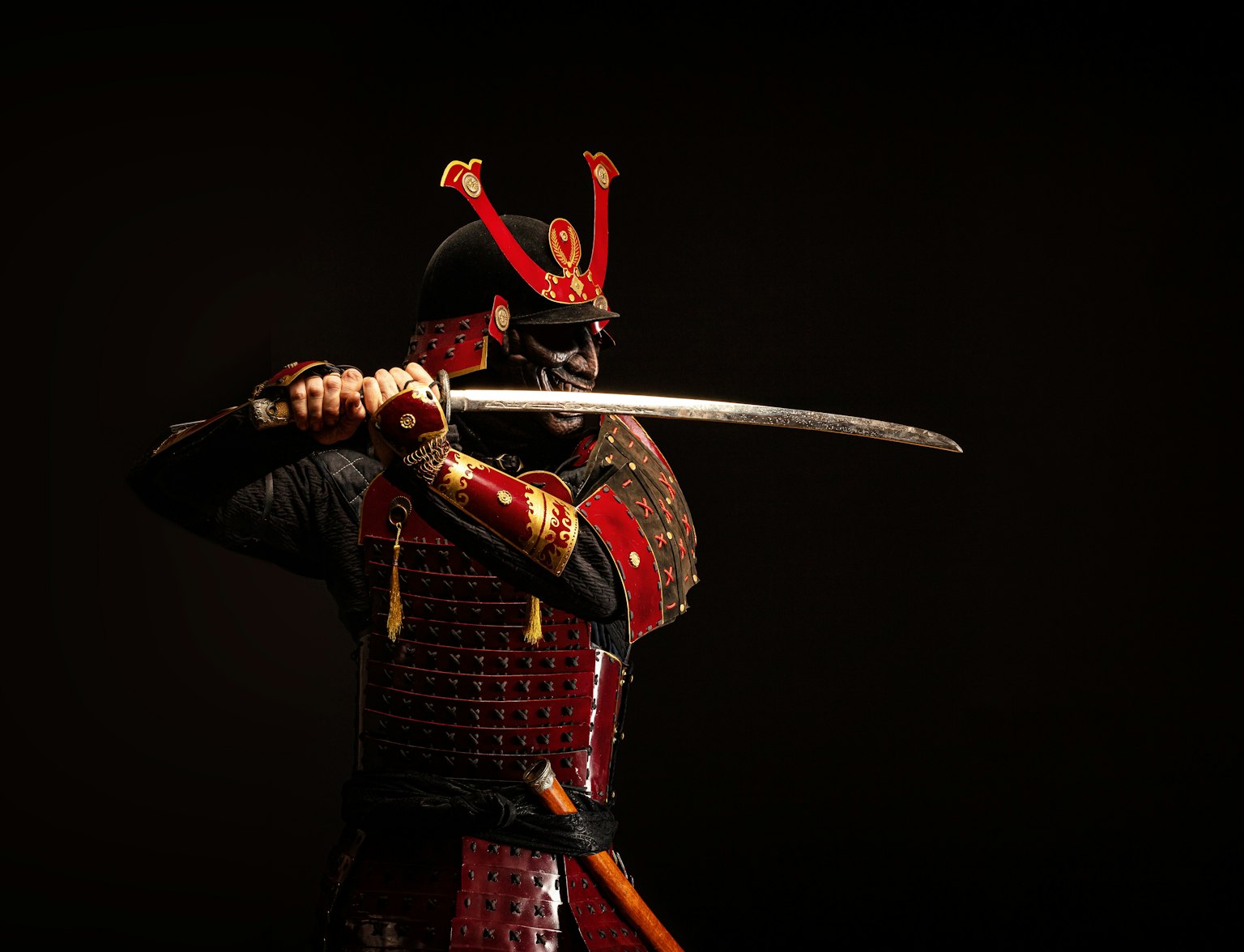
Have a samurai photo session when you are in Tokyo!
